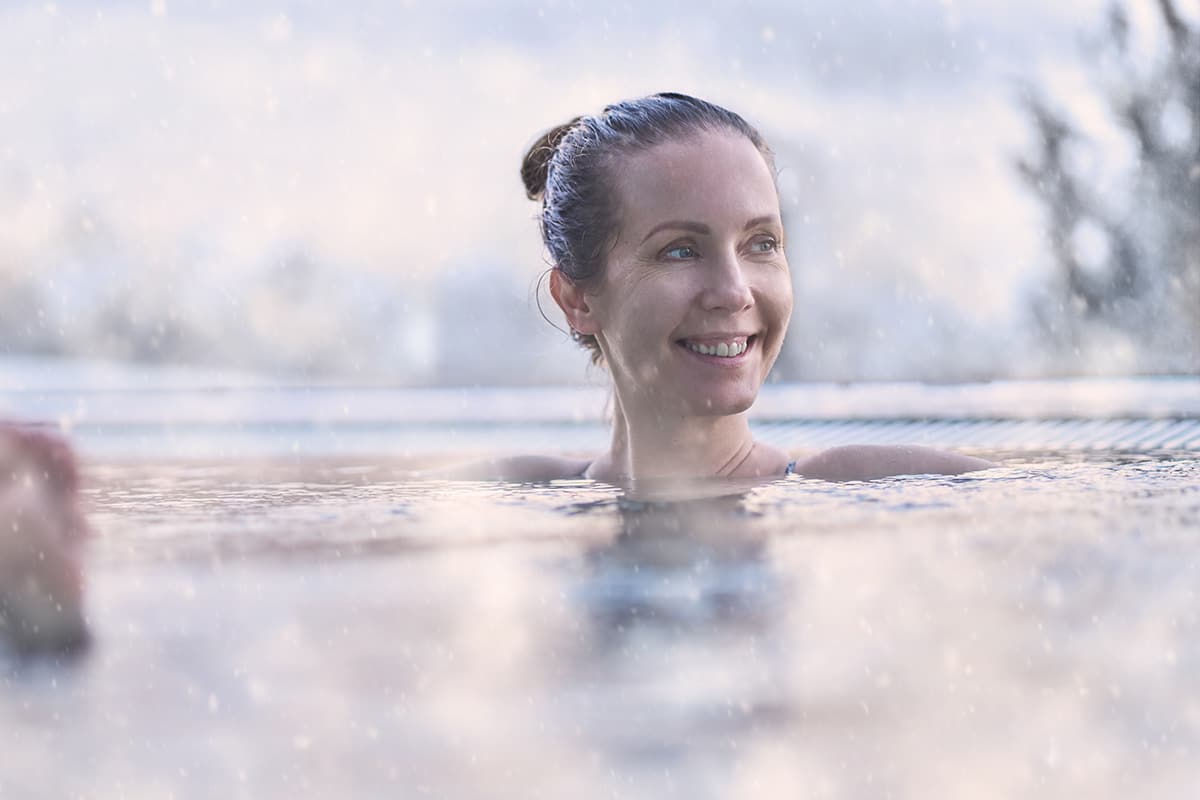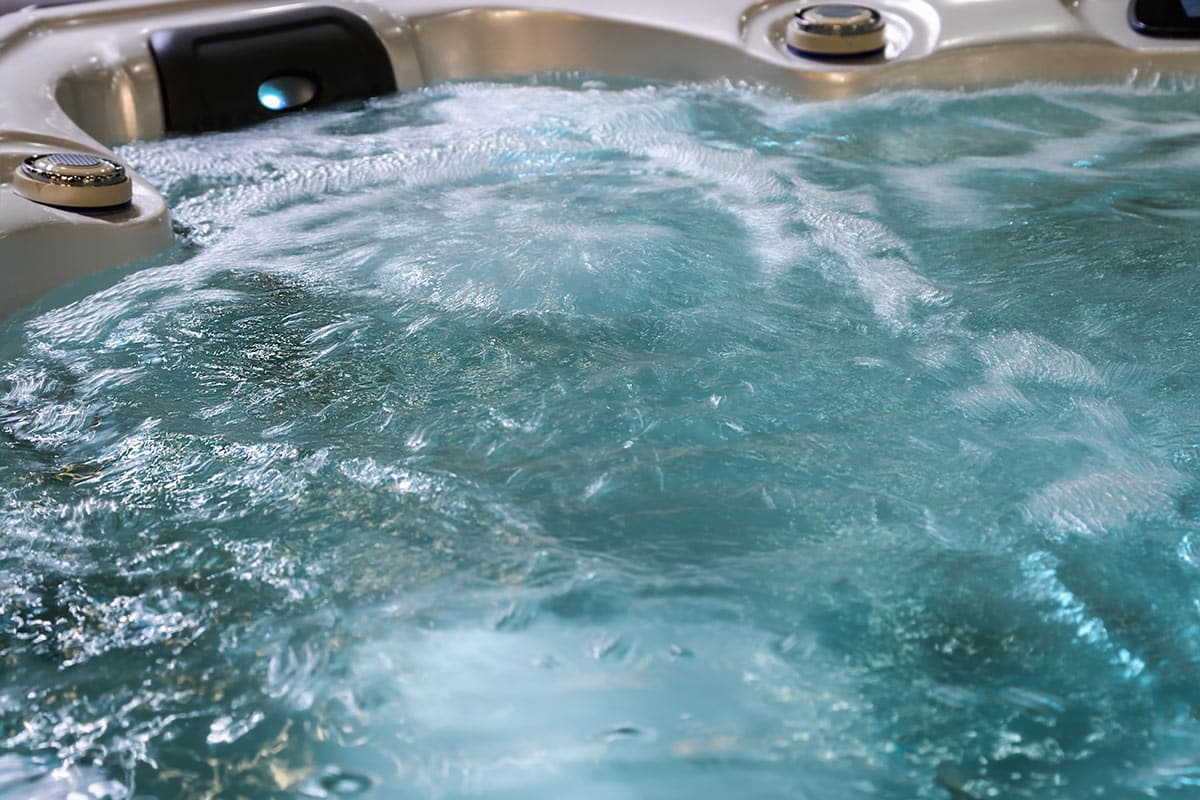Mastering the Elements: Your Comprehensive Guide to Pool Heating Solutions
So, you’re on the lookout for a pool heater – fantastic! Heaters can transform your swimming experience, making the water more inviting and extending your swim season. However, with a myriad of options, including gas heaters and electric heat pumps, choosing the right one can be a challenge. Worry not, we’re here to help you make an informed decision.
Understanding the Basics: What Do Swimming Pool Heaters Do?
Both natural gas heaters and electric heat pumps share the common goal of warming your pool water. While gas heaters rely on natural gas or propane, heat pumps use electricity and the outside air to achieve the desired temperature. Here’s the breakdown: as your pool water circulates through the system, the heater works its magic, returning warmer water to your pool.
Sizing Matters: The Heat Output
When we talk about the “size” of a heater, we’re referring to its heat output measured in British Thermal Units (BTUs). The higher the BTU, the faster your pool or spa water gets heated. Whether you opt for a natural gas heater or an electric heat pump, understanding this metric is crucial for efficiency.
Gas Heaters: Quick and Efficient
Gas heaters, powered by natural gas or propane, offer a speedy solution to heating your pool. They work well in any climate since they don’t rely on the outside air. If you’re looking for efficient and rapid heating, a gas heater might be your best bet.
Pro Tip: Ensure your gas lines are appropriately sized to match the heater’s requirements.
Electric Heat Pumps: Efficiency and Eco-Friendly Operation
Electric heat pumps, while requiring an ambient temperature of 15°C (60°F) or higher, are known for their energy efficiency and eco-friendly operation. They pull in outside air, use a compressor to increase the water temperature, and operate on electricity. Although slower in heating, they tend to have lower annual operating costs and a longer lifespan compared to gas heaters.
Dual Heating Solutions: The Green and Cost-Saving Choice
For those who are environmentally conscious and value savings, there’s another option – a combination of a heat pump and a gas heater. In cold climate states or most areas of Canada, this dynamic duo allows you to switch from the heat pump to the gas heater when the temperature drops below 15°C (60°F). This strategy extends your swim season and provides the flexibility to keep smaller pools open all year round.
Choosing the Right Fit
When it comes to making a choice, both types have their merits. Gas heaters provide quick heating, while electric heat pumps offer efficiency and environmental friendliness. Consider factors like your climate, desired water temperature, and budget. And hey, don’t sacrifice quality – choose AquaCal, the premium product on the market built to withstand the test of time.
Conclusion: Dive into Comfort
Ultimately, the decision between a gas heater and an electric heat pump depends on your preferences and requirements. Whether you’re leaning towards quick heating with gas or opting for eco-friendly efficiency with an electric heat pump, the goal is to transform your pool into a comfortable oasis. Explore our range of heat pumps from AquaCal, the epitome of superior quality, and let’s make your swimming experience truly delightful. See you poolside!





 No products in the cart.
No products in the cart.